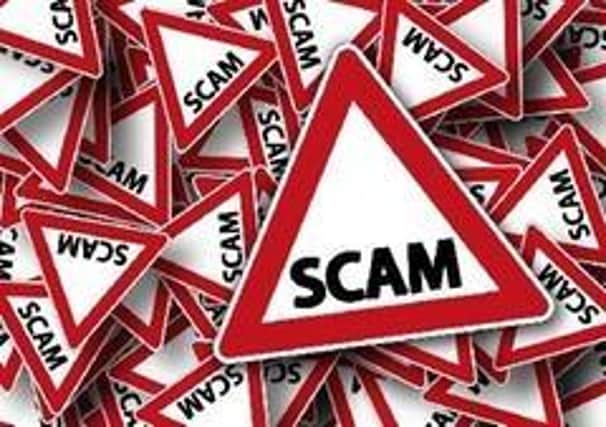7 holiday scams NI tourists need to look out for


Transport
Unregulated airport taxis could take advantage of the fact that you aren't local and may be uneducated on typical fares. As a result, you could be charged extremely high rates or taken to the incorrect destination which pays the taxi a finder's fee.
To avoid this, travellers should always research reliable, licensed taxi firms rather than getting into the first one they see. In the majority of countries, taxi drivers are required to carry and display their ID badge in the vehicle. Always ask the driver what the fare will be, before starting the journey. If the driver refuses to show you their ID or pre-warn you of fares, book with another taxi firm and do not enter the vehicle.
Phony PCR
Advertisement
Hide AdAdvertisement
Hide AdSome countries now require travellers to report a valid, negative COVID test before entering their country. Amid reports that scammers have been caught conning holidaymakers with fake PCR tests and 'fit to fly' certificates, it is vital to always ensure that any PCR test you take is from a reputable source. If you’re traveling from the UK, you can purchase PCR tests from most pharmacies and report the results through the NHS app.
Hotel and Accommodation
When booking accommodation online, ensure to fully research the facility before booking. Look for reviews with images and check to make sure it’s a registered building. More and more adverts are appearing to show accommodation that isn’t real, outdated, and different to the visuals provided. By booking through reputable travel agencies, you can avoid illegitimate accommodation as the agency will cover all of the above bases for you.
Public Wifi
Most hosts will offer holidaymakers the services of their shared public Wi-Fi. Whilst this is convenient, it's key to remember that public Wi-Fi may not be as secure as your private network at home. When browsing the internet, make sure you don’t use sites and apps that involve inputting personal information, like contact details or bank card details. Alternatively, you can download a VPN, which will allow you to block any unwarranted third party companies from accessing your data.
Pickpockets
Pickpocketing is the oldest scam in the book, but now more than ever, scammers are becoming increasingly creative. Scammers may interact with you directly, to allow time for a third party to steal from under your nose whilst you’re distracted.
Activities and excursions
Advertisement
Hide AdAdvertisement
Hide AdWhen booking excursions or additional activities during your trip, always book through an official company. Some illegitimate companies may lack the health and safety precautions necessary to keep you safe abroad. The safest option is to book any extra activities or excursions directly through the official travel agency that you booked your trip with.
Photography
It’s important to note that no landmark will have official photographers. Companies that claim to do so are likely to insist that only their photos are permitted, but this is just a ploy to force you into paying them for something that is otherwise free.